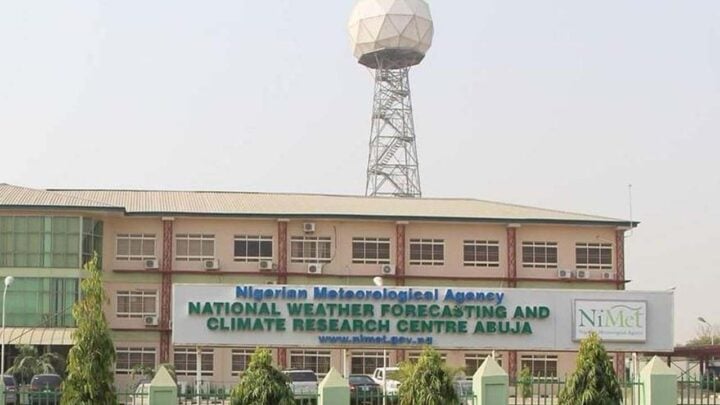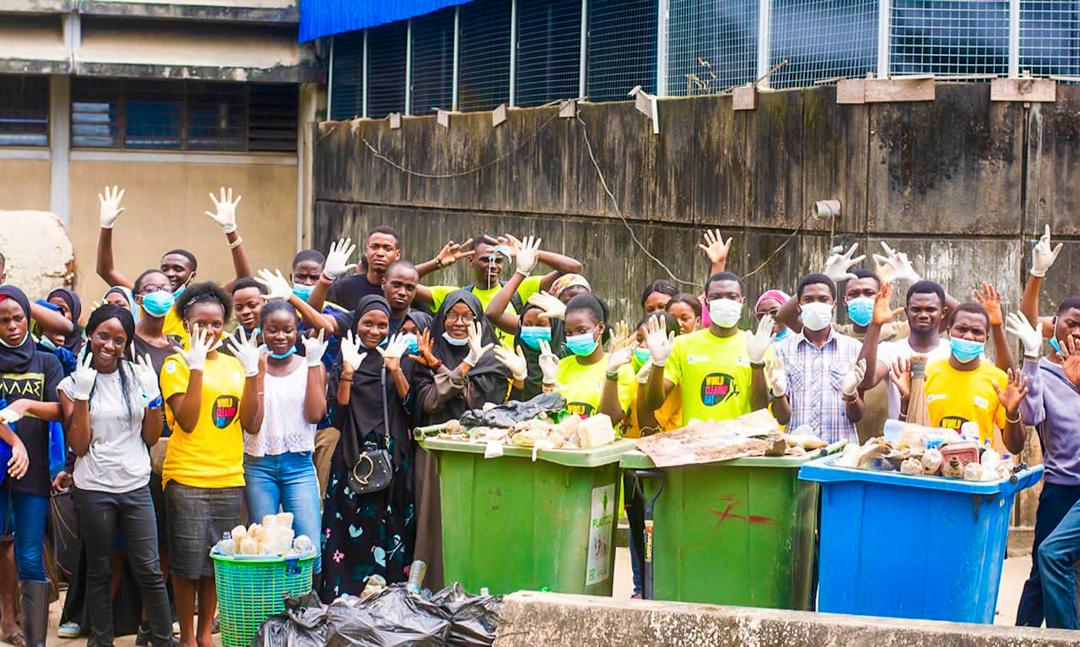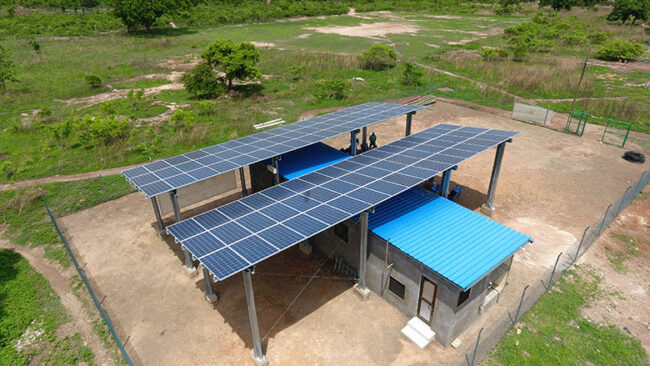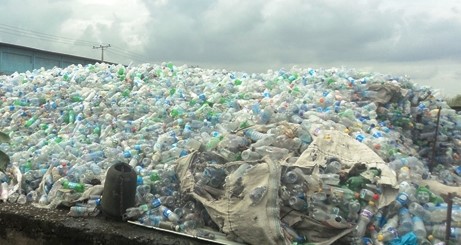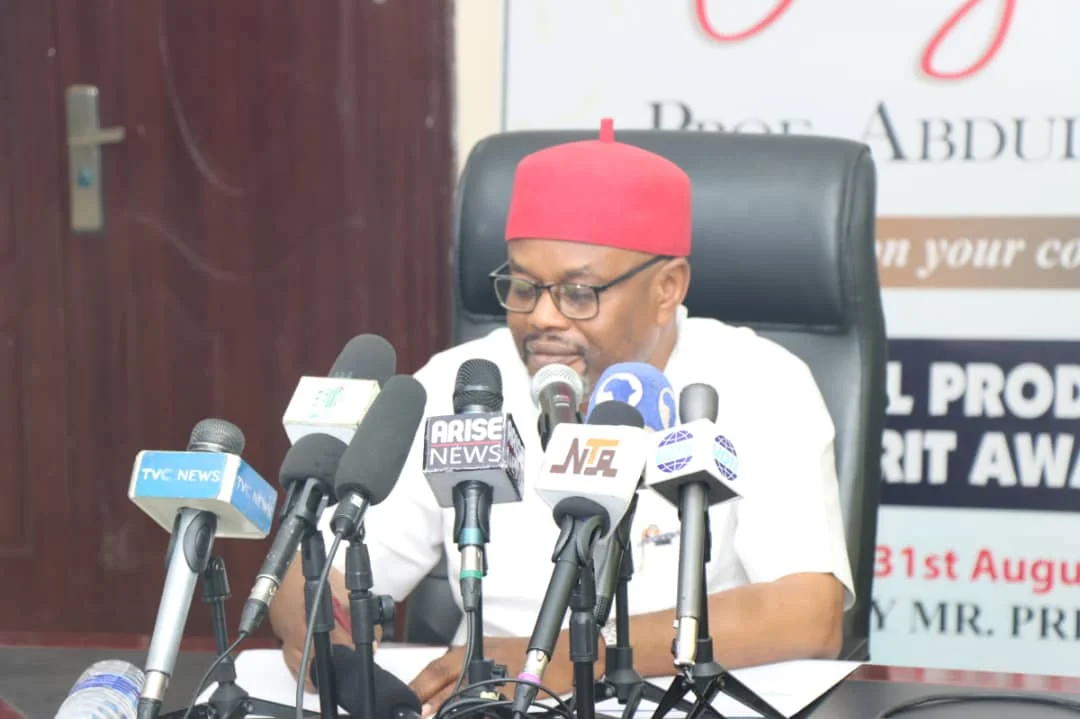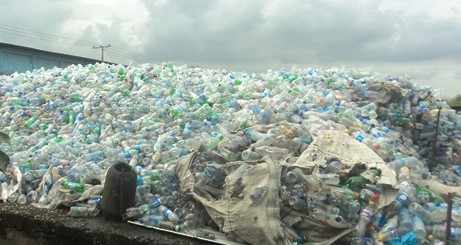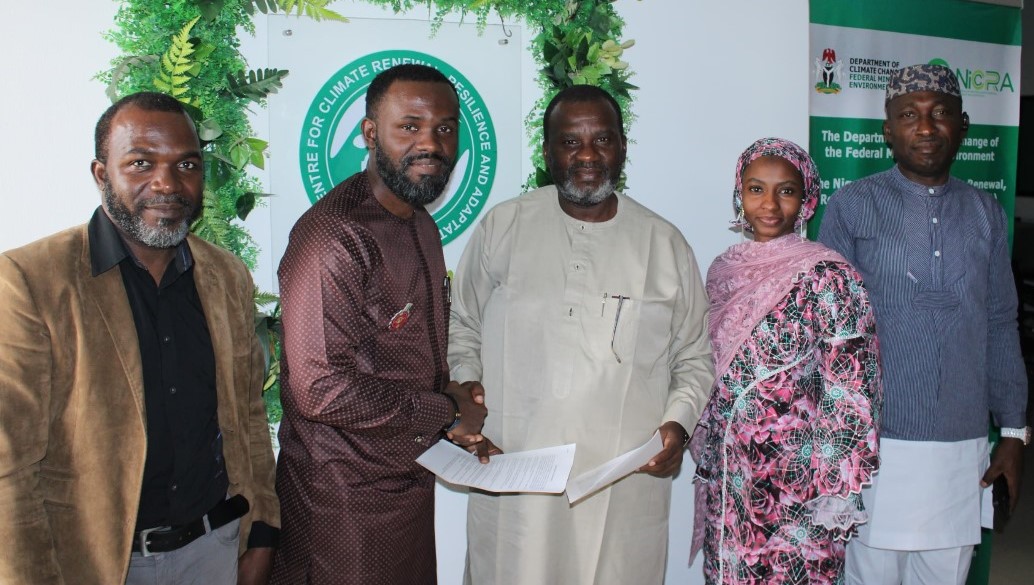Despite directly impacting our communities, health, and livelihoods, climate-related reports usually take a back seat to dominant news beats like politics and business.
Climate Watch aims to ensure you never miss important stories on climate change and actions being taken toward limiting its impact.
Here is a round-up of last week’s climate stories:
- The Nigerian Meteorological Agency (NiMet) has predicted dust haze across the country from Monday to Wednesday. In its weather outlook released on Sunday, NiMet predicted moderate dust haze with horizontal visibility range from 2 kilometre to 5 kilometre over the north, north central and the inland cities of the south, throughout the forecast period. The agency further anticipated localised visibility of 1,000 metres over the north central, the inland of the south and the coastal belt of the country. NiMet advised members of the public to take necessary precautions. Airline operators were also advised to avail themselves of weather reports from NiMet for effective planning.
- Chicken Republic, the Nigerian fast-food franchise, on January 22, announced plans to transition from the use of styrofoam and plastic containers. Food Concepts PLC, the restaurant’s parent company, said it would no longer use styrofoam packs for both walk-in and online orders from customers in Lagos. Chicken Republic urged customers to bring their own reusable food containers, noting that there would be extra charges for plastic takeaway packs. Read more here.
- Last week, the Nigerian Youth Biodiversity Network (NYBN) and the Sustainable Environment Food and Agriculture Initiative (SEFAAI) kicked against the ban on single-use plastics by the Lagos government. The organisations acknowledged the damage caused by plastics and commended the government for enacting a policy to curb its pollution. The CSOs, however, said the government “did not carefully examine nor patiently pass through the process of imposing a plastic ban”.The organisations said the ban is a “welcome development in the wrong direction”. The CSOs urged the government to see the ban as “the beginning of a broader phase-down of plastic” and involve stakeholders in the processes. Find out more here.
- The Obaubazaw Community Worldwide, a non-governmental organisation (NGO), on January 24, said it would plant one million trees across Nigeria in 10 years. Bishop Johnson, chairman of the planning committee, said the project is the NGO’s contribution to help the government attain its international commitments to preserving the planet. Johnson said the community would implement humanitarian services that encourage and enhance peace, and unity, as well as dialogue about the environment and living conditions of all people in Nigeria. Read more here.
- Balarabe Lawal, the minister of environment, has sought collaboration with three cabinet members on how to address the impact of climate change in Nigeria. Lawal visited David Umahi, minister of works; Ahmed Dangiwa, minister of housing and urban development; and Abdullahi Gwarzo, minister of state for housing and urban development. He said the visit was aimed at strengthening the existing collaboration between the three ministries to “achieve their mandates as stipulated during the presidential retreat”. Lawal said the ministries would collaborate in areas such as environmental impact assessment, planting of trees, erosion control, pollution control and climate change, among others. Read more here.
- The Center for Peace and Environmental Justice (CEPEJ) said Shell Petroleum Development Company (SPDC) should properly clean up and compensate affected communities in the Niger Delta before it exits the terrain. The position of CEPEJ comes after Shell announced an agreement to sell its Nigerian onshore oil assets to a consortium of local companies. Sheriff Mulade, national coordinator for CEPEJ, said the new buyers should consider buying the onshore liabilities left by Shell. He urged the government to intervene and save the Niger Delta environment from further degradation due to oil spills, illegal bunkering and oil theft. He noted that the organisation would resort to legal action if nothing is done. Read more here.
- Tokunbo Wahab, Lagos commissioner for environment and water resources, says the state is willing to postpone the ban on styrofoam and other single-use plastics (SUPs) by three weeks. Wahab said the state would offer a three weeks moratorium to all producers and distributors of styrofoam after which the enforcement would go into full force. The commissioner said there will be “no going back” on the total ban. He maintained that if producers had been more environmentally responsible, the government would not have had to take such bold steps. Read more here.
- Meanwhile, Joint Action for Good Governance (JAGG), an advocacy group, has called on the federal government to implement a nationwide ban on styrofoam. The group said styrofoam is a major contributor to pollution and poses significant threats to ecosystems, wildlife and public health. JAGG urged the federal government to ensure an effective approach in addressing the environmental challenges posed by the material. The group added that a nationwide ban on styrofoam would not only protect the environment but also contribute to regional and global efforts aimed at reducing plastic pollution. Read more here.
- In a message to commemorate the International Day of Clean Energy, António Guterres, the UN secretary-general, called on governments and big emitters of carbon to accelerate the transition to clean energy through climate financing and fossil fuel phase-out. Guterres said the phase-out of fossil fuel is inevitable and necessary to “spur sustainable development”. He commended the decision of stakeholders at COP28 to triple renewable capacity by 2030, adding that countries “must act now”. Read more here.
Advertisement
